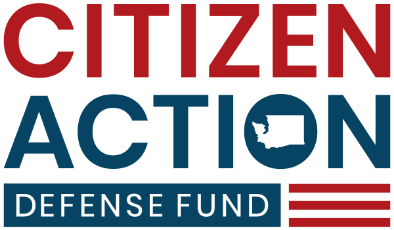
Lawmakers continue testing the rules of fiscal gravity with their latest efforts to impose a wealth tax on Washington’s highest earners. Governor Ferguson has expressed some skepticism, but more as practice matter instead of policy or philosophical disagreement—warning that a wealth tax (to put it mildly) would be “difficult” to enforce.
The pitfalls of a wealth tax are as clear as a Seattle autumn day is grey. Start with capital flight: the mere threat of this tax has business leaders and investors sounding the alarm. The Chamber of Commerce warns that a wealth tax would drive investment out of the state. In fact, it wouldn’t be the first time, or even the first in some time. Just as the capital-gains tax drove Jeff Bezos out of the Evergreen in 2021, a wealth tax would only amplify the incentive to shift assets—or one’s self—to more profit-friendly pastures. Even from a purely fiscal standpoint, betting the budget on a tax that encourages your top contributors to take a hike is a questionable strategy. This certainly made it easier for Governor Ferguson to announce, in the most milquetoast of terms, that a wealth tax was “the wrong move for Washington.”
Even if it passed, enforcing a wealth tax would be a leviathan undertaking. Though only a “few thousand” Washingtonians are expected to be eligible, assessing the fair value of each such household’s comprehensive financial profile is no simple task—and, remember, would be a year-round project. The Department of Revenue would need to chase down all forms of stocks, bonds, real property, valuable personalty (e.g., fine art), etc. from those who don’t flee for the exits. We would expect legal and accounting challenges on every loophole and ambiguity in an exponential fiscal arms race, with each escalation by either side producing a commensurate response from the other.
Given these hurdles, why pursue a policy so likely to implode? The answer? Political theater—a usual suspect. Beyond the diehards, a proposed wealth tax is usually just red meat for the “base”—a virtue signal that drives supporters to the polls. Once Washingtonians learn of the full impact of a wealth tax, its various constitutional defects, and daunting administrative demands, they are sure to reject this proposal, just as they have jettisoned income tax measures on eleven separate occasions.
Governor Ferguson knows all of this. Mindful of the delicate dance between informed voters and the wealth-tax “wing” of his party, Ferguson has still left the door ajar, suggesting he would tolerate a token wealth tax to produce test cases that would provide legal and constitutional clarity before his administration dives into the deep end of the policy pool. That’s a telling compromise, and one that plainly shows that wealth-tax proponents know it is a pipedream that would, sooner rather than later, morph into a fiscal and administrative nightmare for a state—our state—that is already on its economic and budgetary heels.
Alki,
Sam Spiegelman

